toxic flowers at market?
diggerdee zone 6 CT
18 years ago
Related Stories
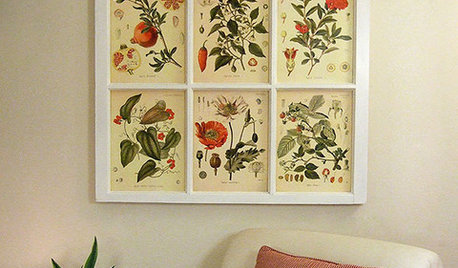
DECORATING GUIDESFlea Market Finds: Botanical Prints
Historical Plant Illustrations Flourish on the Wall
Full Story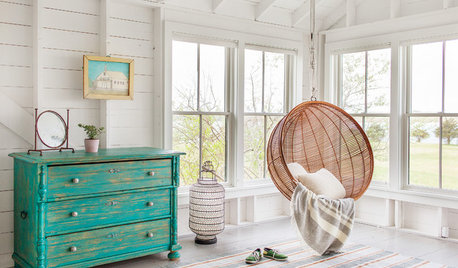
VINTAGE STYLEFlea Market Find: Vintage Dressers
Think beyond the bedroom when searching for your next dresser
Full Story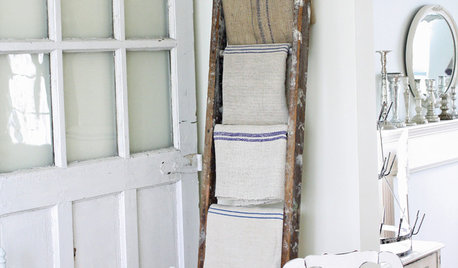
VINTAGE STYLEFlea Market Find: Vintage Ladders
You can use them to hang linens, stack plants and add rustic charm to a room
Full Story
GARDENING GUIDES9 Self-Seeders Capture Chelsea Flower Show Magic
Give your garden show-worthy style with these plants beloved by top designers
Full Story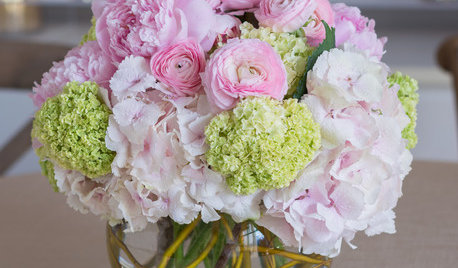
MOTHER’S DAYSurprise Mom With an Elegant DIY Bouquet
For Mother’s Day, use flowers and branches from your local market or backyard to create this pastel beauty
Full Story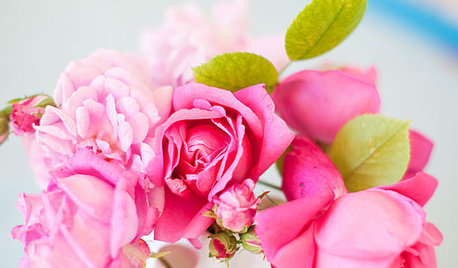
BUDGET DECORATINGSimple Pleasures: Treat Yourself to Cut Flowers
Enjoy priceless beauty with just a few inexpensive stems — and you don’t need fancy vases, either
Full Story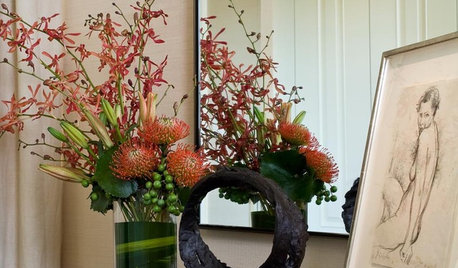
COLORFalling for Flowers: Autumn Color in a Vase
Make your home welcoming with a fresh bouquet — or just a few stems — bursting with fall color
Full Story0
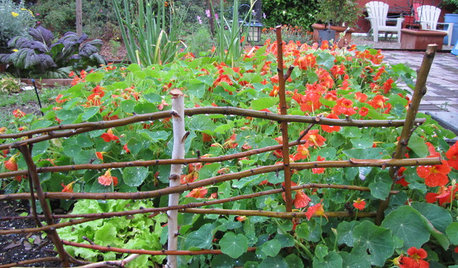
GARDENING AND LANDSCAPINGEdible Flowers Offer a Sweet Taste from the Garden
Flowers that beautify the landscape can also pretty up the plate or sweeten a spread
Full Story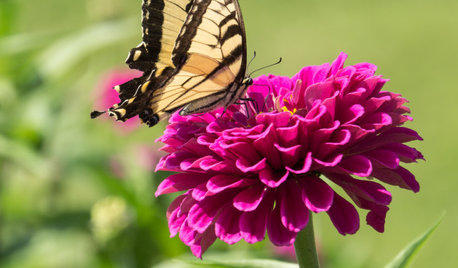
GARDENING GUIDES20 Favorite Flowers for Butterflies and Bouquets
Discover perennials and annuals that do double duty as butterfly magnets and versatile cut flowers
Full StorySponsored







bluestarrgallery
diggerdee zone 6 CTOriginal Author
Related Professionals
Manhattan Beach Landscape Architects & Landscape Designers · Alexandria Landscape Contractors · Edmond Landscape Contractors · Middletown Landscape Contractors · Alpharetta Landscape Contractors · Bloomington Landscape Contractors · Broomfield Landscape Contractors · Chattanooga Landscape Contractors · Flagstaff Landscape Contractors · Lexington Landscape Contractors · Long Beach Landscape Contractors · Milton Landscape Contractors · St. Louis Landscape Contractors · University City Landscape Contractors · San Pablo Landscape ContractorsJeanne_in_Idaho
diggerdee zone 6 CTOriginal Author
flowerfarmer
diggerdee zone 6 CTOriginal Author
Jeanne_in_Idaho
flowerfarmer